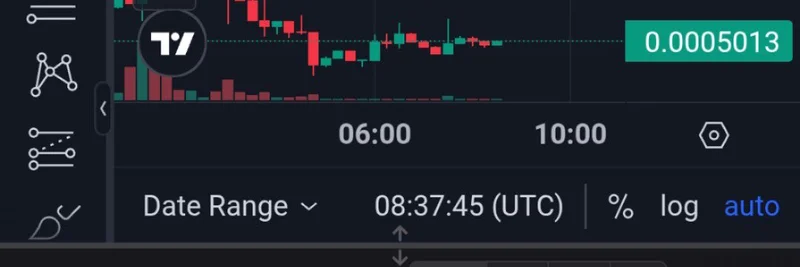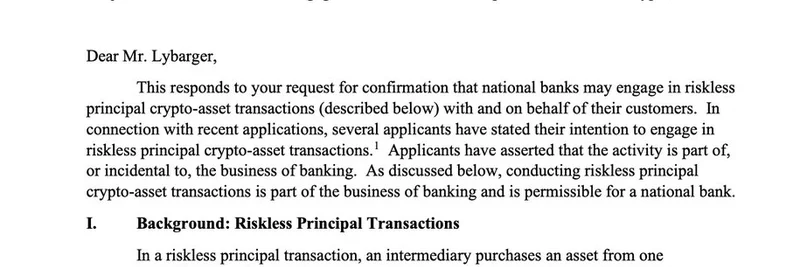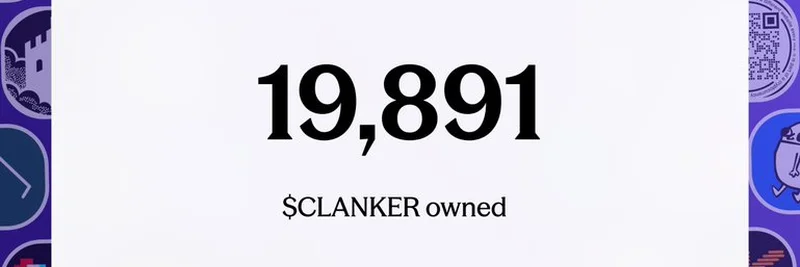In the fast-paced world of meme coins on Solana, where hype can skyrocket a token's value overnight, it's crucial to stay vigilant. A recent thread from X user @StarPlatinumSOL has sparked discussions about potential red flags surrounding the BagsApp launchpad. Let's break it down step by step, explaining the key issues and what they mean for investors.
The Origins: OG Cards NFT Drop
It all kicked off with the OG Cards NFT collection launched on January 27. Priced at 1.5 SOL each (roughly $150–$200 at the time), about 40,000 NFTs were minted, raking in nearly $10 million. Holders were lured in with promises of 20% referral commissions, exclusive drops, and other perks. Fast forward a few months, and those benefits? Nowhere to be found. Instead, they've been replaced by ambiguous "points" that hold little to no real value. This bait-and-switch tactic is a classic warning sign in crypto projects, where initial excitement often masks underlying issues.
Deeper Allegations Against BagsApp
According to the thread, former supporters and developers have leveled serious accusations against BagsApp:
- Cloned Code: The platform allegedly copied code from Pump.fun, a popular Solana-based meme coin launcher, without adding any meaningful innovations.
- Bot Spam and Influencer Pressure: Aggressive marketing tactics, including bot-driven social media spam and pushing influencers to promote projects, raise eyebrows about authenticity.
- Stolen Concepts: BagsApp is accused of lifting ideas, like an environmental meme coin tied to The Ocean Cleanup charity, without proper execution or credit.
These claims paint a picture of a launchpad more focused on quick gains than building sustainable value.
Spotlight on $MRBEAST Token
The thread zooms in on the $MRBEAST token as a prime example. Marketed with the bold claim that "100% of royalties go to MrBeast," it leaned heavily on charity vibes to drum up hype and trading volume. But on-chain data—transactions recorded transparently on the blockchain—tells a different story:
- No major withdrawals to centralized exchanges (over 2,000 SOL).
- The largest transfer was just 1,200 SOL (about $165,000) to an internal wallet, not an exchange.
- Treasury funds are scattered across 4–6 multisig wallets (secure wallets requiring multiple approvals) and are still being used for new launches.
- The upgrade authority for the BAGS token (BagsApp's native token) has been revoked, limiting future changes but not addressing past promises.
As seen in the chart above, the token experienced volatility, but without verifiable donations or real utility, it smells like another hype-driven play. Using celebrity names like MrBeast without official endorsement is a common ploy in meme coins, but it often leads to legal and ethical pitfalls.
Why This Matters for Meme Coin Enthusiasts
Meme tokens thrive on community and viral moments, but patterns like these—undelivered promises, unproven charity claims, and recycled ideas—erode trust. Without on-chain proof of donations or backing from the celebrities invoked, projects risk being labeled as rugs (where developers pull out funds suddenly) or slow drains.
If you're diving into Solana memes, always DYOR (Do Your Own Research). Check on-chain analytics tools like Solscan or Dexscreener for transaction histories, and look for real utility beyond hype.
Final Thoughts: Protect Your Bag
As @StarPlatinumSOL wisely concludes, "Don’t ape the tokens blindly." In crypto slang, "aping" means jumping in impulsively. With BagsApp's track record under scrutiny, it's a reminder that not all launchpads are created equal. Stay informed, and let's keep building a stronger meme ecosystem together. What are your thoughts on this—have you encountered similar issues? Drop a comment below!




